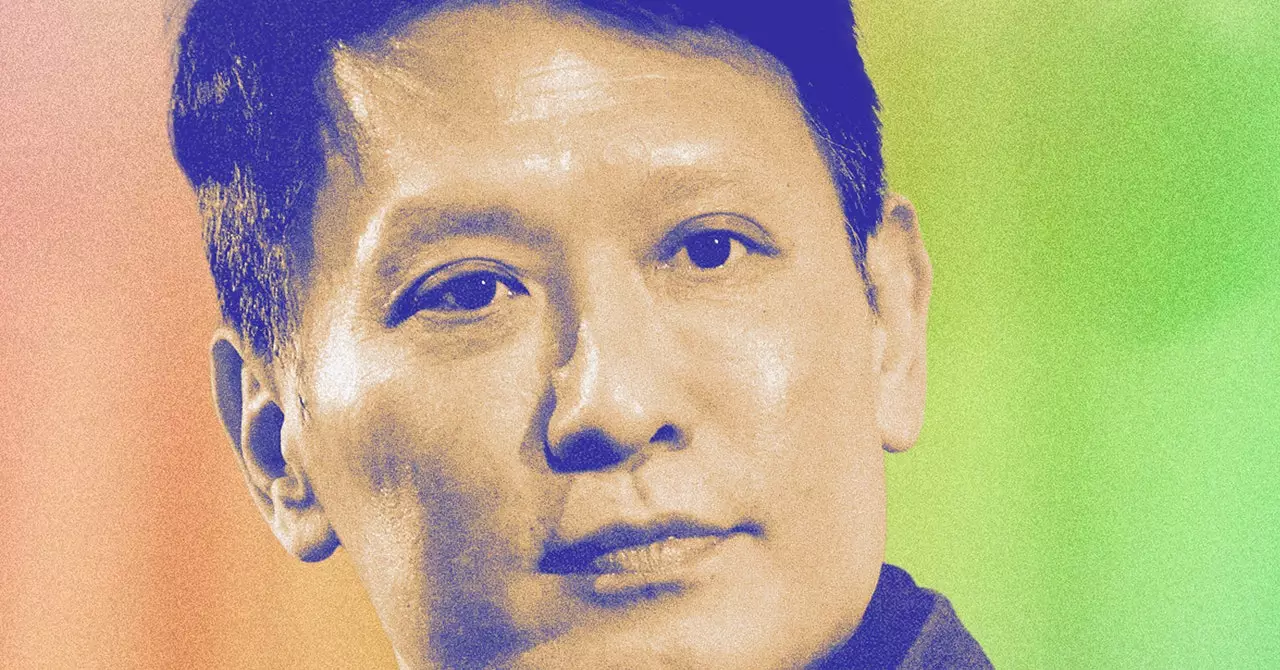The cryptocurrency landscape is ever-evolving, and with this transformation comes the necessity for change within industry leaders. Binance, once a formidable figure led by its founder Changpeng Zhao (CZ), is undergoing significant changes under the new CEO Richard Teng. This article will delve into the challenges and strategies undertaken by Teng to guide Binance into a more compliant and sustainable era amidst a tightening regulatory environment.
The presence of CZ as the largest shareholder undoubtedly casts a long shadow over the company, but Richard Teng is focused on constructing a clear vision for Binance’s future. The significant difference between the two eras lies in the environment demands. While CZ established Binance in the relatively unregulated cryptocurrency space of 2017, Teng now faces a vastly altered landscape where compliance and regulatory oversight are paramount.
Teng has articulated that one of his primary objectives is to build a “best-in-class” platform that aligns with the increasing global call for more stringent regulations. Adapting to these demands is not just a task but a necessity for ongoing legitimacy, especially in light of past controversies that saw the company grappling with lawsuits and regulatory scrutiny.
One striking transition under Teng’s leadership is Binance’s tangible commitment to compliance. The company has heavily invested in bolstering its regulatory framework, achieving 21 regulatory approvals from various jurisdictions around the globe. This milestone positions Binance at the forefront of compliant operations in the cryptocurrency space, a feat augmented by the establishment of a dedicated compliance program.
Furthermore, the proactive approach to compliance is exemplified by the educational initiatives Binance has launched. By conducting nearly 100 training courses for law enforcement focused on crypto investigation techniques, Binance demonstrates an earnest intention to rectify its past missteps while encouraging the intelligent use of blockchain technology. This initiative serves a dual purpose: fostering trust with regulatory bodies and guiding jurisdictions on how to effectively combat illicit activities within the crypto realm.
Teng’s regime has not shied away from external scrutiny, a strategic move aimed at reinforcing Binance’s commitment to integrity. Under a settlement with the U.S. Department of Justice, the exchange has implemented a system of external oversight, collaborating with monitors from both the DOJ and the Financial Crimes Enforcement Network. This partnership is not merely a formality; it represents a shift towards transparency and accountability, crucial for regaining public trust.
Through these independent monitors, Binance benefits from an impartial evaluation of its compliance efforts. This opens a pathway for continual improvement; regulators could pinpoint areas for enhancement that the internal teams might overlook. Such measures are indicative of a leadership that recognizes the value of external validation as a cornerstone of future success.
Historically, Binance has prided itself on its identity as a decentralized entity without a formal headquarters; however, under Teng’s direction, this narrative is evolving. Recognizing the demands of global regulators, the establishment of a headquarters is now a priority. The decision-making process surrounding the location is complex, influenced by factors such as talent retention and regulatory frameworks.
Teng’s approach reflects a necessary shift in corporate strategy—one that seeks to align Binance with regulatory expectations while fostering talent aggregation in a compliant environment. The ongoing discussions with various jurisdictions signal that Binance is taking its global obligations seriously.
Teng’s vision for Binance extends beyond regulatory compliance; it encompasses a broader outlook focused on sustainability and collaboration within the ecosystem. By engaging with competitors and law enforcement, Binance aims to create a more robust structure capable of mitigating risks associated with illicit financial activities.
As the company transitions into this new era, it will require continuous evaluation and adaptation. However, under Teng’s stewardship, Binance is poised to emerge from its tumultuous past, paving a way forward that is not only compliant but also fosters an innovative and responsible cryptocurrency landscape. This transformation may ultimately redefine how industry leaders approach regulation and operational integrity in the world of digital currencies.

